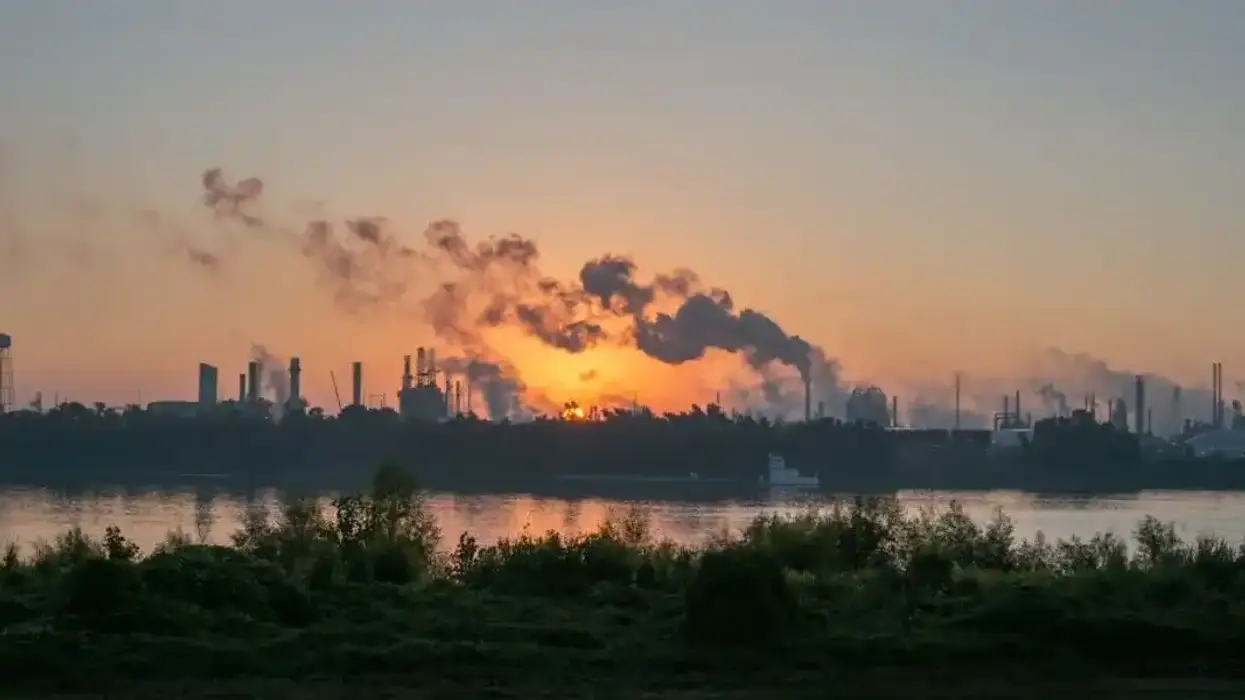Lancet Study Shows Over 3 Million Years of Human Life Lost in Israeli Assault on Gaza
"To speak of 3 million years of human life erased is to confront the true scale of this atrocity—generations of children, parents, and families wiped out," said the head of a US advocacy group.
As Israeli forces continued to violate a fragile ceasefire agreement with Hamas, killing more people in the Gaza Strip on Monday, the largest Muslim civil rights group in the United States renewed calls for cutting off military aid to Israel, citing a new study in The Lancet.
"This new Lancet study offers more evidence of the catastrophic human cost of Israel's genocidal campaign against the Palestinian people," Council on American-Islamic Relations (CAIR) national executive director Nihad Awad said in a statement.
The correspondence published Friday by the famed British medical journal was submitted by Colorado State University professor Sammy Zahran, an expert in health economics, and Dr. Ghassan Abu-Sittah, a British Palestinian surgeon teaching at the American University of Beirut in Lebanon.
Zahran and Abu-Sittah provided an estimate of the number of years of life lost, based on an official death toll list published by the Gaza Ministry of Health at the end of July, which included the age and sex of 60,199 Palestinians. They noted that the list is "restricted to deaths linked explicitly to actions by the Israeli military, excluding indirect deaths resulting from the ruin of infrastructure and medical facilities, restriction of food and water, and the loss of medical personnel that support life."
The pair calculated life expectancies in the state of Palestine—Gaza and the West Bank, including East Jerusalem—by sex for all ages, using mortality and population data from the United Nations Department of Economic and Social Affairs for 2022. They estimated that a total of 3,082,363 life-years were lost in Gaza as a result of the Israeli assault since October 7, 2023.
"We find that most life-years lost are among civilians, even under the relaxed definition of a supposed combatant involving all men and boys of possible conscription age (15–44 years)," the paper states. "More than 1 million life-years involving children under the age of 15 years... have been lost."
CAIR's Awad said, "To speak of 3 million years of human life erased is to confront the true scale of this atrocity—generations of children, parents, and families wiped out. It is a deliberate effort to destroy a people."
Israel faces a genocide case at the International Court of Justice over its conduct in Gaza, and the International Criminal Court last year issued arrest warrants for Israeli Prime Minister Benjamin Netanyahu and former Defense Minister Yoav Gallant.
"The United States and the international community must end their complicity by halting all military aid to Israel and supporting full accountability for these crimes under international law," Awad argued.
A report published last month by the Quincy Institute for Responsible Statecraft and the Costs of War Project at Brown University found that the Biden and Trump administrations provided at least $21.7 billion in military aid to Israel since the start of the war.
Federal law prohibits the US government from providing security assistance to foreign military units credibly accused of human rights abuses. The Washington Post last week reported on a classified State Department document detailing "many hundreds" of alleged violations by Israeli forces in Gaza that are expected to take "multiple years" to review.
With President Donald Trump seeking a Nobel Peace Prize, the US helped negotiate the current ceasefire, which began on October 10, after over two years of devastating retaliation for the Hamas-led attack on southern Israel. The head of Gaza's Government Media Office said Monday that Israeli forces have committed at least 194 violations of the agreement.
As of Sunday, the ministry's death count was at 68,865, with at least 170,670 people wounded. Previously published research, including multiple studies in The Lancet, has concluded that the official tally is likely a significant undercount.


